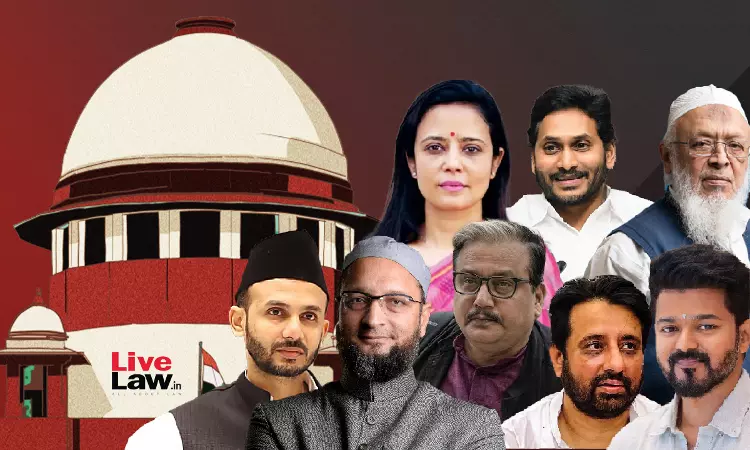Who Are The Petitioners Challenging Waqf Amendment Act 2025 In Supreme Court?
Gursimran Kaur Bakshi
15 April 2025 7:21 PM IST

Next Story
15 April 2025 7:21 PM IST
As the Supreme Court is set to hear the petitions challenging the constitutional validity of the Waqf (Amendment) Act, 2025, tomorrow, we take a look at the petitions that have been filed so far. The Act, passed by the Parliament on April 4, received the President's assent on April 5. The Central Government has notified the operation of the Act with effect from April 8.Although ten petitions...
